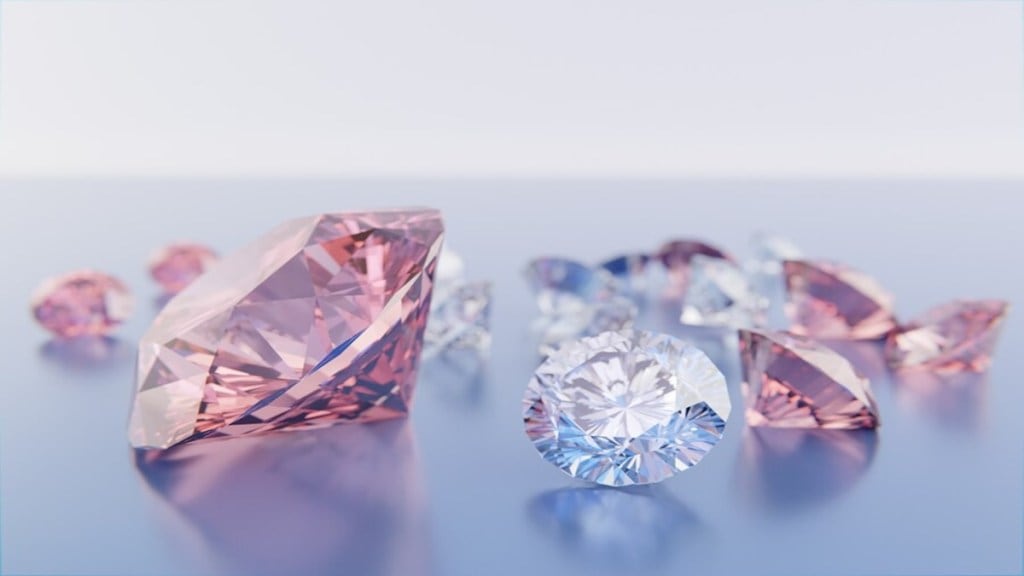With growing consumer interest in sustainable and affordable alternatives to natural diamonds, lab-grown diamond startups are expanding rapidly, aiming to establish themselves as leading national brands in the space.
Despite the presence of legacy jewellers in the sector, no single company has yet emerged as the dominant player in the domestic lab-grown diamond market. This brand vacuum has created a major opportunity for a new wave of startups, which are scaling up their retail footprint to capture a share of the growing demand.
“The lab-grown diamond space in India is still at a very nascent stage. A lot of category awareness and category creation is still underway,” said Vidita Kochar, co-founder of lab-grown diamond startup Jewelbox, in an interaction with FE. The company gained significant attention after securing investment from Shark Tank India judges, including Aman Gupta (boAt), Vineeta Singh (Sugar Cosmetics), Peyush Bansal (Lenskart), and Ritesh Agarwal (Oyo).
Kochar noted that no company has yet cemented itself as a national leader in lab-grown diamonds. However, she remains optimistic about the market’s potential. “As a two-and-a-half-year-old brand and one of the early entrants, we have robust plans to expand our retail operations. But India is not a winner-take-all market and there’s definitely a place for multiple brands to lead the category,” she said.
Jewelbox, headquartered in Kolkata, currently operates eight stores across six cities, including Delhi, Bengaluru, and Chennai. The company plans to expand aggressively, with a goal of opening 25 more stores by the end of the financial year, primarily in Tier 1 cities where awareness is highest. While it continues expanding its retail presence, around 40% of its orders still come from its online platform.
Lab-grown diamonds are gaining traction among aspirational audience — consumers who have long desired diamond jewellery but found natural diamonds prohibitively expensive. “This segment is creating an entirely new market in India, where people who historically have not owned diamonds are now adopting diamond jewellery,” Kochar explained.
Besides Jewelbox, several other startups are making inroads in the sector, including Mumbai-based Limelight and Fiona Diamonds, Wondr Diamonds, Titan Capital-backed Truecarat Diamonds, Aupulent Jewellery, and Alteria Capital-backed Aukera Jewellery. According to Tracxn data, India now boasts 37 lab-grown diamond startups, the highest number in any country.
Additionally, traditional players are recognising the market’s potential. Recently, gold trading platform Augmont invested Rs 100 crore to launch its lab-grown diamond brand, Akoirah.
Unlike natural diamonds, whose prices are benchmarked to the Rapaport price list, lab-grown diamonds are priced based on production costs and retailer value addition. Previously, these diamonds were also priced at a discount to natural diamonds, leading to substantial supplier profit margins. However, Kochar observed that abnormal profits have now diminished across the supply chain.
Over the past year, lab-grown diamond prices have fallen by 25-30% due to oversupply, as production units are relatively affordable to set up. Prices could decline further if technological advancements reduce manufacturing costs. While thinner margins pose a challenge, they also make lab-grown diamonds more accessible to a wider audience.
Given that lab-grown diamonds are not constrained by limited supply, startups will need to scale up significantly to sustain their businesses. “To maintain a healthy average order value, startups in this space need to grow their volumes at least 7-8 times,” said an investor in a lab-grown diamond company. “Ultimately, success in this sector will come down to branding.”

